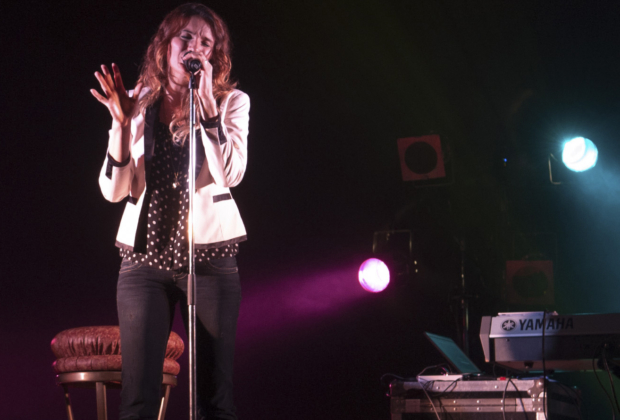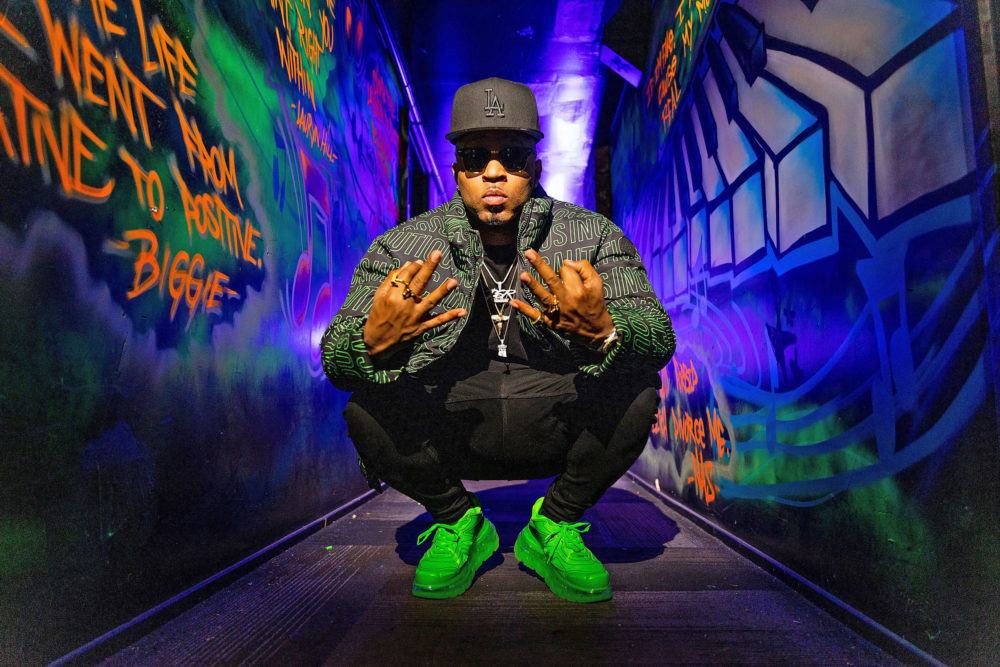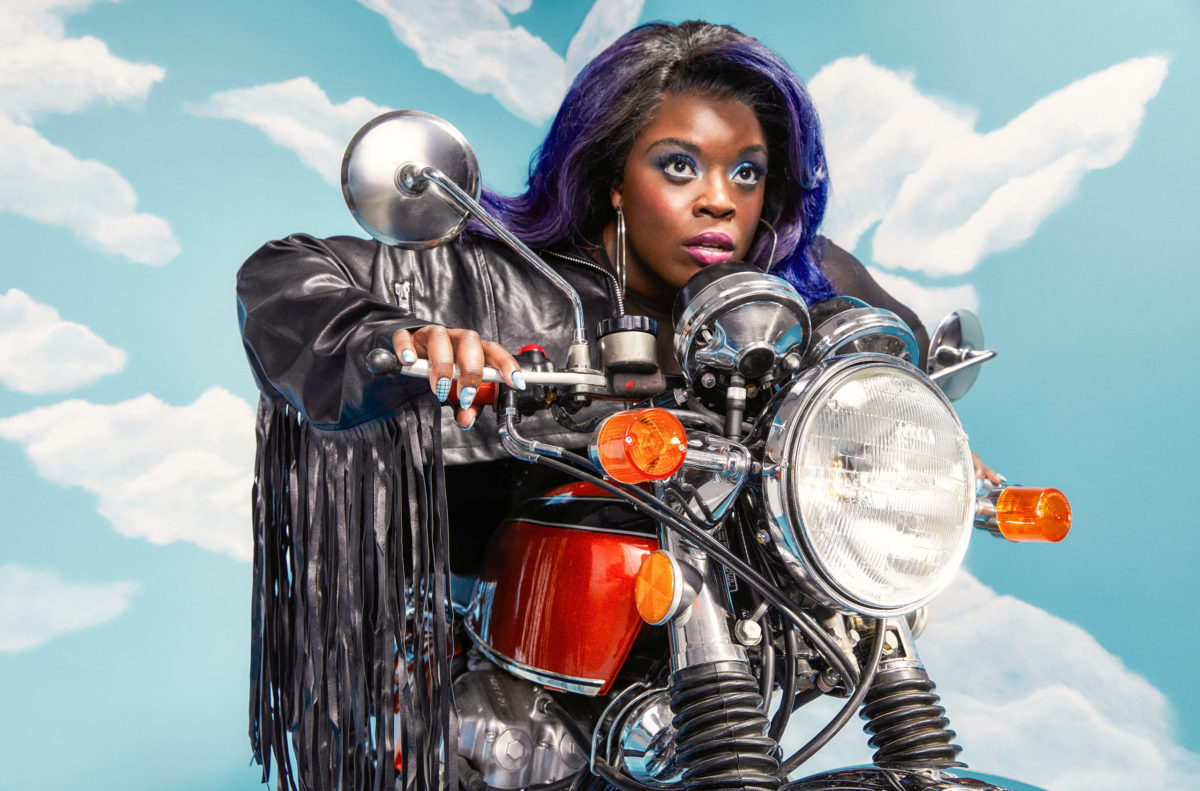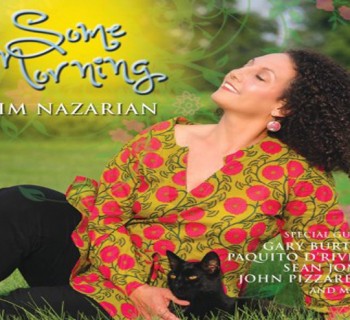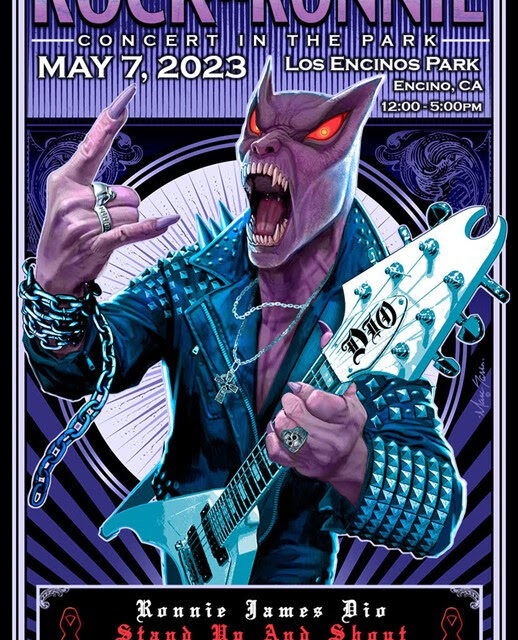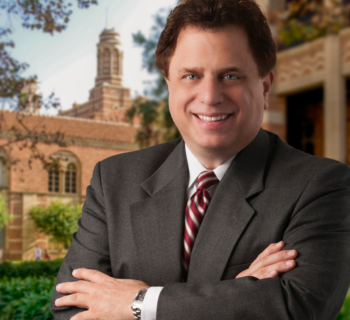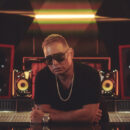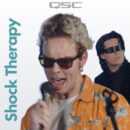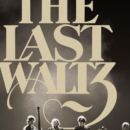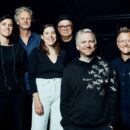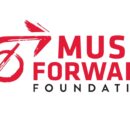It’s time for our annual, and always eagerly anticipated, singers spotlight feature where we sit down with some of the greatest voices (newcomers to legends) working today and get their insight on all aspects of vocal performance. This year we’re delighted to be graced with observations and commentary from District 97 frontwoman and solo artist Leslie Hunt, neo-R&B star Tolliver, singer-songwriter MacKenzie Grant, The Tubes frontman and solo artist Fee Waybill and the incomparable Ms. Dionne Warwick.
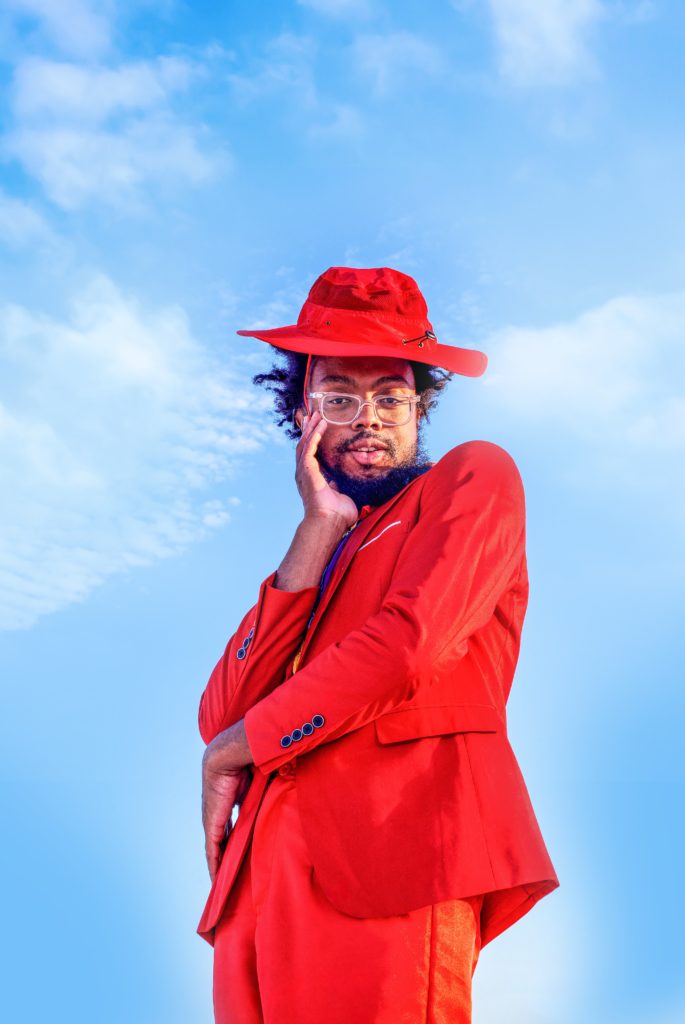 Tolliver
Tolliver
Zack Freedman • [email protected]
tolliv3r.com
Tolliver is a futuristic shape shifter who defines a new era in modern music. His blend of gospel, funk, rock and soul is edgy, fresh and fun. The singer, actor, video editor and DJ is a renaissance man who bears his soul on the new EP Daddyland (Side One Dummy Records). Recent appearances on KCRW’s Freaks Only and The Late Late Show With James Corden designate the colorful neo-soulster as a man on the move.
Musical Influence from Church
It’s like a musical language when you come from any culture, I guess. When you hear a series of certain chords, it just sets your soul on fire. And when you’re working with a producer, you’re looking for music that really stands out to you. And that probably comes from your childhood. The reason I sing anything that is soulful or funky is from the gospel church. I’m not a terribly religious person, but I listen to gospel music all the time.
First Professional Gig
One of my earliest gigs was being in a band called 2620 and we had a standing residency at this bar called The Winds Café. The club owner promised to pay us $100 bucks and would rip us off every single week. And it was this ongoing thing we would have with him. That was when I was in jazz school at college in Chicago. I was also in a band called Black Diet and we played one of the coolest venues in Minneapolis. It’s where they shot Purple Rain. I felt that was a landmark gig where I thought “This is where I wanna be.”
Vocal Care and Health
I’m at my best when I’m singing around the house. During the pandemic I didn’t have any gigs, so I just stopped singing. But the best thing I can do for myself is sing a little bit every day. It keeps your muscle memory popping and keeps your voice in front of your face. In college they taught me this thing called speech level singing. It’s keeping your voice right in front. That’s why I talk kind of nasally. I don’t do a ton of diaphragmatic work. Also, when I get more sleep and drink more water, that always helps. And, you know, one shot of whiskey before you go on doesn’t hurt, either.
The Concept of Daddyland
In early 2020 at the beginning of the pandemic I started reconnecting with my brother. And he was telling me stories about our Dad. He was the pastor of a church and was this wildass dude. I didn’t know this because he died when I was 11. He was sleeping with women in the church and I always thought I was someone my dad would be ashamed of because I’m kind of wild, too. But after talking to my brother, I realized my dad and I have a lot in common. So, I wrote this album as me trying to reach him through some astral plane or something.•
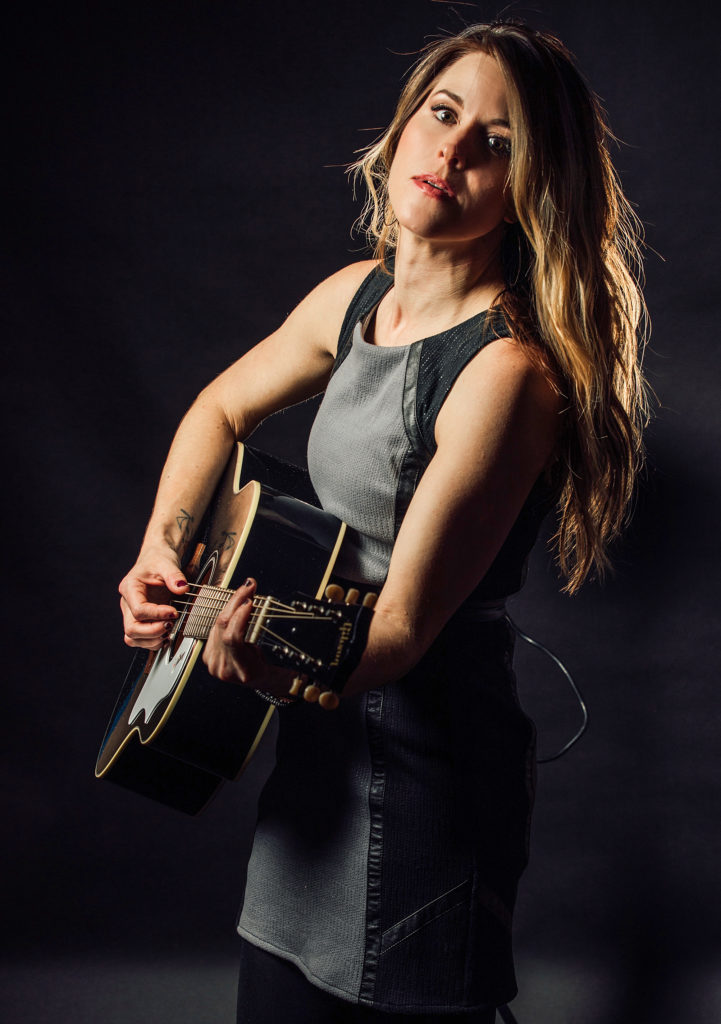 Leslie Hunt
Leslie Hunt
lesliehuntmusic.com
One of the leading vocalists of the new guard on the progressive and alternative rock scene, Leslie Hunt is a singer-songwriter-pianist who first caught the attention of a national audience as a contestant on Season 6 of TV show American Idol. The Chicago native divides her career between performing lead vocals and co-writing for progressive rockers District 97, doing private events and casuals and releasing a series of provocative solo albums. Her latest solo release is etitled Descend (Spirit of Unicorn/Cherry Red Records).
First Professional Gig
It was a 10 month-long run of The Music Man in St. Charles, Illinois at this professional dinner theater called Pheasant Run. I was 10 years old and we did six shows a week. And then I did another one of similar length at 12 in Fiddler on the Roof.
Musical Influences and Jim Peterik’s Mentorship
I’ve been playing piano since I was four. When I started forming chords and realized I could sing, some of my early influences were Fiona Apple, Tori Amos, Sarah McLachlan, Indigo Girls—that whole singer-songwriter thing. I started writing and recording my songs in a basement studio my uncle had. I made a six- song demo and sold them to people at my high school. The person who ran the high school theater was friends with Jim Peterik (Ides of March, Survivor). Jim was looking for a young up-and-coming artist to produce. He really liked my songs and helped me develop them. He actually helped me get a development deal with Sony, but, at the time, I don’t think I was ready for that. But Jim gave me the confidence that I had the brain for songwriting. It’s not just about ideas. It’s also patience, organization and knowing the editing process of what you should leave in and take out in a song.
Takeaway from American Idol
No matter what the opportunity you’re presented with, nobody’s gonna be able to see in you what you don’t already see in yourself. The producers didn’t even know how to package me, and neither did I. But you’ve got to stand on your own two feet and be committed to whatever you bring to the table.
Warmups and Vocal Care
I was lucky enough to suffer a very bad vocal injury a few years ago. And that changed my whole approach to singing and changed my respect for the instrument and what it demands. I had a vocal hemorrhage about four years ago. I had to re-learn how to use my voice so I didn’t re-damage it. So, now I look at the voice as this whole system. I roll the neck down, release a lot of tension in the muscles, I stretch the tongue out and make all these obnoxious witchy-type sounds. I also avoid dairy on the days that I sing. I drink a ton of water and do practice scales where I work on gliding up to notes as opposed to just hitting individual pitches.
Working With John Wetton (King Crimson, Asia) in District 97
It was very surreal, from how it all came together, to us touring in a van with John Wetton through Europe and the East Coast. There are various stories how we all met, but we reached out to him on a message board because he was wearing a District 97 shirt in a photo. We asked him if he would sing on our record and tour with us. He agreed, if we would learn a bunch of King Crimson songs. So, we opened the show and then he would come out and we would back him up on his material. It was a great experience and he was a great guy to work with.•
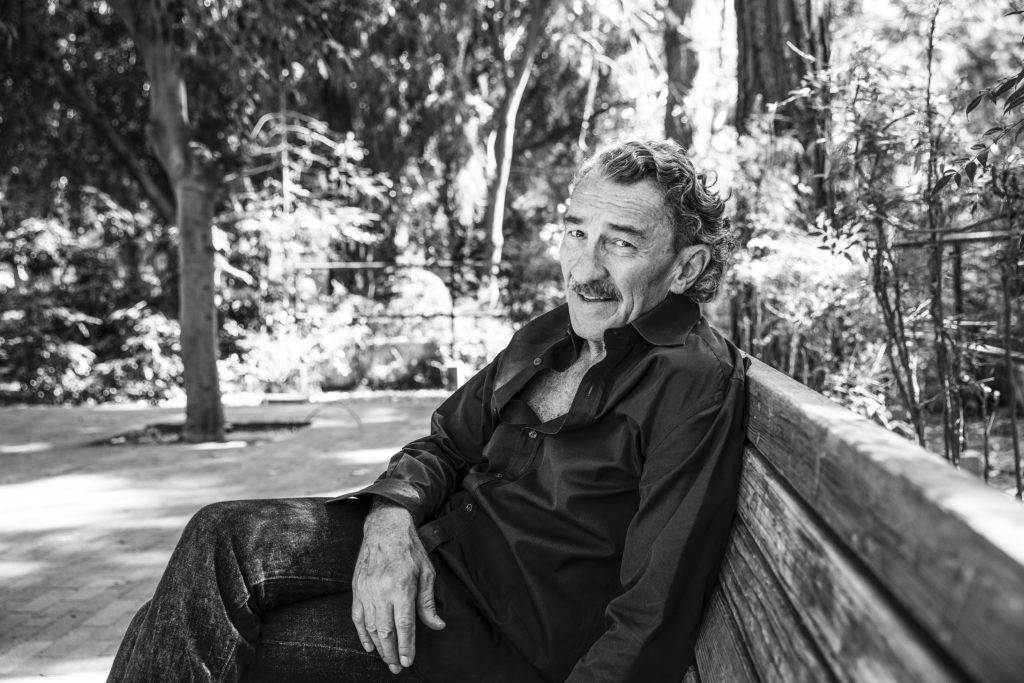 Fee Waybill
Fee Waybill
Tom Burger • [email protected]
feewaybill.com
Since 1972, Fee Waybill has been the frontman for theatrical art rockers The Tubes. As lead vocalist he made original songs like “Talk To Ya Later,” “She’s A Beauty” and “White Punks on Dope” staples on progressive rock radio and MTV. In addition to The Tubes, Waybill has been active as an actor on stage and screen and has written and worked with musicians Richard Marx, Toto, Kenny Loggins, Steve Lukather, Vixen, Emerson Drive and The Foo Fighters. His third and latest solo album is titled Fee Waybill Rides Again.
Blending Singing and Acting
Years ago, I used to live in the theater and arts department at Scottsdale High. I probably did 15 or 16 musicals in high school, and that was all singing and acting. I was also in this group called The Scottsdale Singers. We would do really complicated vocal stuff, like Baroque to Bach and Handel’s Messiah. And we not only performed in school assemblies and stuff, but state competitions. With the Tubes it’s all singing and acting, and I work at this summer stock theater in Augusta, Michigan called The Barn Theatre.
Keeping Your Voice in Shape
Before concerts, The Tubes have a ritual we were taught by producer David Foster. It’s a Circle of Fifths exercise that Ella Fitzgerald used to do. And Roger Steen, David Medd and I would do that before every show. That just opens your sinus cavities and everything up. But right now we’ve had a situation, with the pandemic, and I haven’t sung out for a while now. But I sing every day, walking my dog. I go to the dog park, get out my headphones and iPhone and sing one of Richard Marx’s records, a Tubes record or one of my solo records I would do in a show.
Fee Waybill Rides Again
Richard Marx is my best friend and we’ve known each other for almost 40 years. And we wrote all the songs together for this latest solo record. We wanna work together and do some live shows once we get past this sticky pandemic.
Career Advice
You have to be convicted….(laughs)! Uh, no….well, if you’re in this business long enough you’ll probably be convicted! But no, you’ve gotta have “conviction” to what you’re doing and not give up! And you’ve gotta do it every day. Writing and singing are a craft. And don’t be discouraged, because for the most part it’s probably not gonna happen overnight. But when I was a kid that’s all I thought about; singing Beatles songs and musicals in school. That led to being a roadie, and eventually singing for what became The Tubes.•
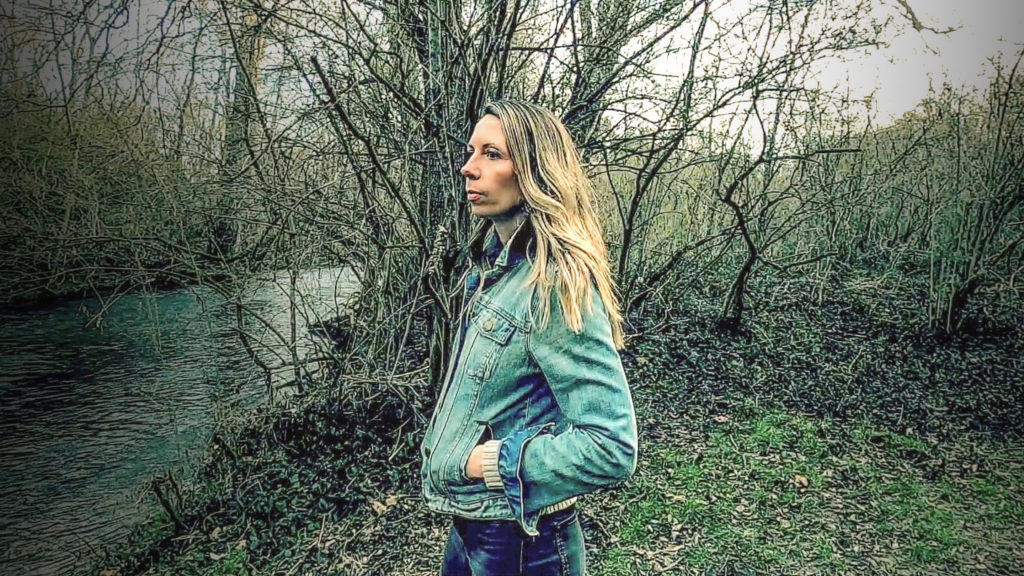 MacKenzie Grant
MacKenzie Grant
Mitch Schneider • [email protected]
mackenziegrant.com
MacKenzie Grant is a Nashville-based singer-songwriter who has returned to her Americana-flavored roots with her first album in over a decade, called Wonder World (Blackbird Record Label). Her first album, The Laundry Room Glamour Hour, was released in 2006. A career as a school counselor both prompted her to take stock in her life and also infused her renewed music trajectory, giving it a fresh perspective and sense of purpose.
First Professional Gig
It was at Club Passim in Cambridge, just outside of Boston. I had seen some of my favorite singer-songwriter folks play there, so it was a big deal to perform there. I was a student at Berklee College of Music and it was a good place to come out for the first time.
Music Education
I studied classical piano growing up through high school. For a minute my parents wanted me to be a concert pianist. But I wanted to write my own stuff. Both my parents were classically-trained musicians. They really didn’t get my wanting to play pop music. I went to the University of Michigan and continued studies there, but ultimately decided I really wanted to give writing my own stuff a chance. So, I switched to Berklee.
The Origin of Wonder World
I was working as a school counselor in Nashville, with pre-schoolers and families who were very underserved, with high poverty and incarceration rates. It was very stressful and I have to say I was getting burned out. I took a leave of absence from my job to do some of my own healing. I didn’t know if I was going back, but I had been writing and had a lot of ideas. I just started writing to feel better and then these songs came out. It was not only me processing what was going on in the world, but what was going on with me personally and the work I was doing. When I would see the resiliency of some of these impoverished kids and families I was working with, it’s awe-striking to see this level of despair and level of joy that can occur in humanity.
Vocal Care and Training
My dad was a choir director as well, so I learned proper vocal technique at a young age. I know my voice pretty well now; how far I can push it and when to hold back. I do warmups, but not the same way I used to do. I like the sound of my voice as it’s aging. There is more depth and color to it. At this point it’s just muscle memory as far as how to go into different ranges, modulate volume and breathing.
Turning Point
I did an open mic at the Bluebird Café in Nashville. I met Barbara Cloyd who is the gatekeeper there. If you do well, she will help you and get you a spot in the Writer’s Round. So, I went there one night and the line was out the door. I brought my keyboard and waited till the end of the night to play. I did one of my songs and she loved what I was doing. She was very encouraging and that was a real stamp of approval as far as being a huge confidence boost.
Working in Nashville
Go to hear as much live music and writers in the round as possible. Go see people doing it and pay attention to what is connecting with people. Do as many open mics as you can. It was a struggle for me because I’m an introvert. I’d work all day and then have to slag my keyboard downtown on Tuesday night to play The Broken Spoke. But you’ve gotta do that. You really have the opportunity to meet up-and-coming songwriters at these venues. And if you stick with it long enough, you’ll start finding out what works and what doesn’t. I know a lot of people now are posting things on Instagram and various social media, but it still really matters to get up there and do stuff live.
Dionne Warwick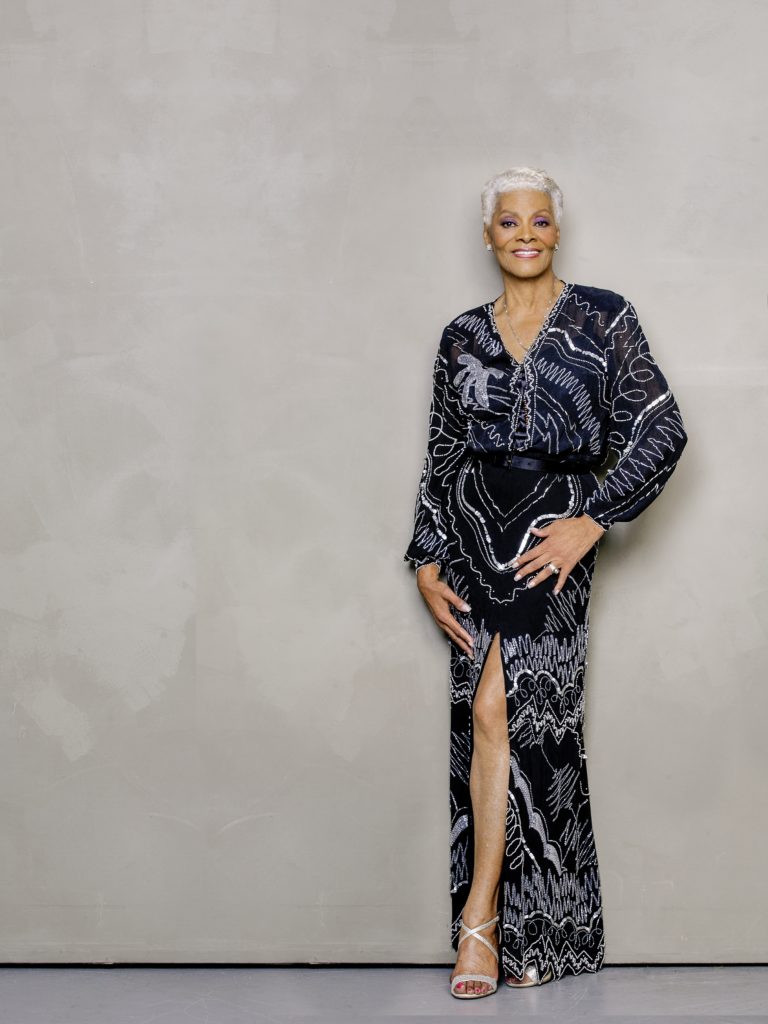
Angelo Ellerbee • [email protected]
officialdionnewarwick.com
Dionne Warwick is synonymous with all things show business. From her humble origins as a member of the family gospel group The Drinkard Singers, to garnering immense solo success as a vocal partner, with composers Burt Bacharach and Hal David, the statuesque entertainer has maintained a stellar career in the limelight for over 50 years. And she keeps reinventing herself today, with relevance in the Twitter-sphere, select TV appearances, an upcoming Las Vegas residency and working with her sons, vocalist David Elliott and producer Damon Elliott, on various projects.
Mentors and Influences
Well, first my gospel singing family. Everyone sings, so it was pre-ordained I would as well. I had mentors, of course, and it’s gonna sound like namedropping, but Lena Horne, Ella Fitzgerald, Sarah Vaughn, Diahann Caroll, Eartha Kitt, Frank Sinatra, Sammy Davis Jr., Dean Martin—the list goes on and on. These are people I revered and thank with every ounce of my being for being surrounded by them.
Turning Point as a Solo Artist
I was doing sessions with the Drifters in the early ‘60s and Burt Bacharach had written a song with Bob Hilliard. After the session Burt approached me that he was gonna start writing with this lyricist Hal David and asked if I was interested in singing on some demonstration records he was doing with Hal. I said sure, because I could earn some extra money for college. And that was the beginning of my career.
Modern Music and Songwriting Craft
Not by any stretch of the imagination is there any comparison to the kind of music we were creating during my era, starting in the ‘60s, and what’s going on today. Everything today, and I say this without any reservations whatsoever, is done by computer. And a computer does not feel, doesn’t breathe and doesn’t really translate any emotion whatsoever. And that’s what’s missing, as far as I’m concerned.
Vocal Regimen and Approach
I don’t warm up or do a lot of things I’ve heard other people do. I was on tour with Johnny Mathis and he spent more than half an hour or more warming up. I asked him why he did that. I felt he was not gonna have much of a voice before the show. But I’ve found my warmup to be my very first song in a show. When I open my mouth, whatever comes out is what you’re gonna get. I just work with what God gave me. And apparently, I’m using it in the right direction because if I wasn’t he’d take it away from me.
Choosing Creative Projects
Well, it has to do with the content of whatever is being sent for me to do. I’m very careful about what I say and how I say it. If it’s a song, it has to have credibility in regards to a wonderful melody or words that people want to hear, as opposed to what’s just being thrown at them.•

